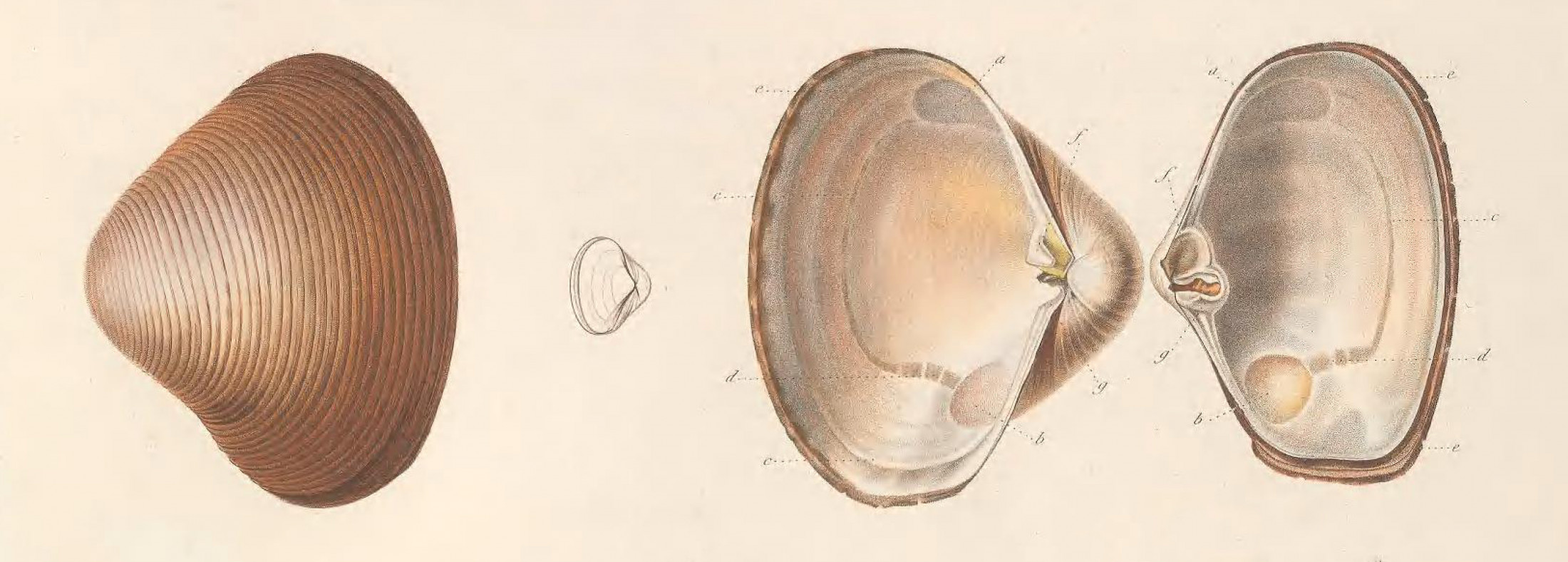Fossils from the Adriatic Sea show a recent and worrying reversal of fortunes
Marine predators and prey decline while a hardier species wins out
by Jerald Pinson • September 25, 2024
If you’d stopped monitoring the Adriatic Sea’s marine life in the mid-20th century, the outlook would have been promising. Snails and the clams they hunt for food increased in abundance for several decades during the late 1800s and early 1900s, evidence of a vibrant and healthy ecosystem.
Then, a threshold was crossed. Populations of both predator and prey abruptly plummeted and in some cases disappeared entirely. They were replaced by the common corbulid clam (
Varicorbula gibba), which has the ability to slow down its metabolism in unfavorable conditions. Whenever paleontologists find an abundance of this species in the marine fossil record, it often means the environment they inhabited was challenging and unsuitable for other organisms.
“This species became more abundant and grows much larger than it did previously because there are fewer predators and less competition from other species,” said Martin Zuschin, a paleontology professor at the University of Vienna. He and colleagues from Slovakia, New Zealand, Austria, Italy and the United States have published a
new study documenting the decline of predator/prey interactions in the Adriatic Sea.

The common corbulid clam is small but durable, with the ability to regulate its metabolism in response to environmental conditions.
Illustration from "Exploration scientifique de l'Algérie : pendant les années," (1844) CC0
The findings add to a growing body of evidence that shows human activity has dangerously destabilized marine environments in the region. The rapid increase in fishing, bottom-trawling, nutrient runoff, the introduction of invasive species, and warming water temperatures caused by climate change have radically altered marine animal communities along parts of the Italian peninsula.
…
